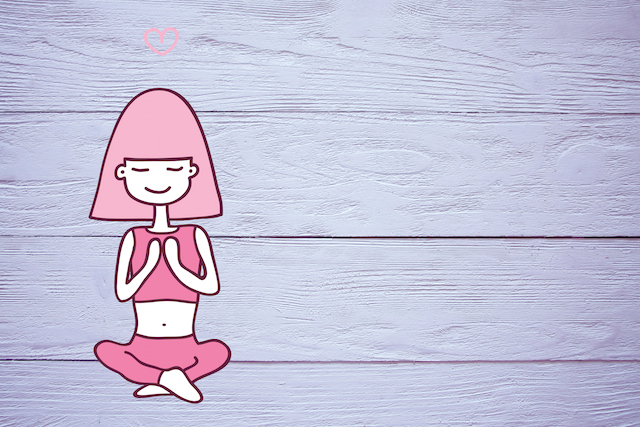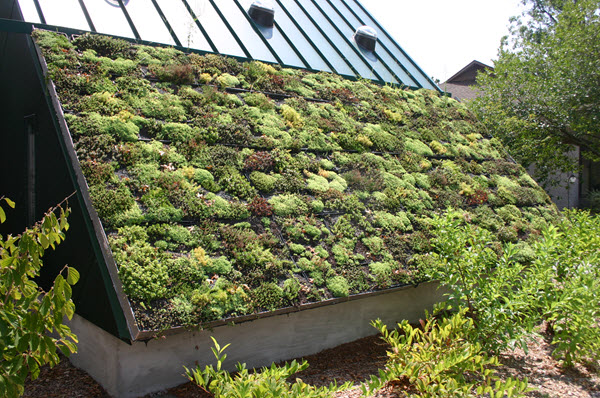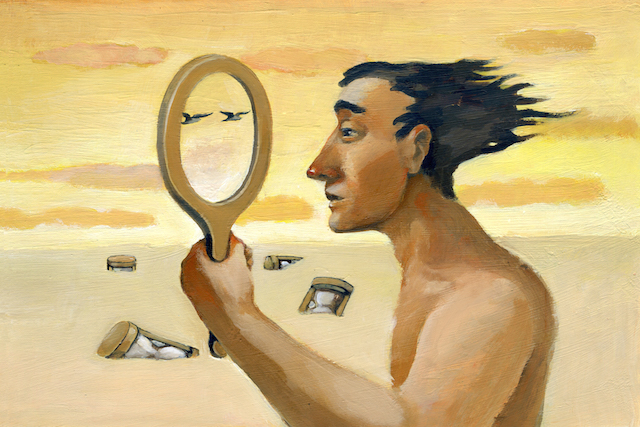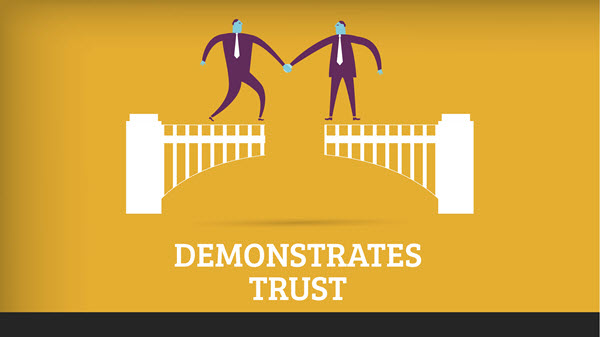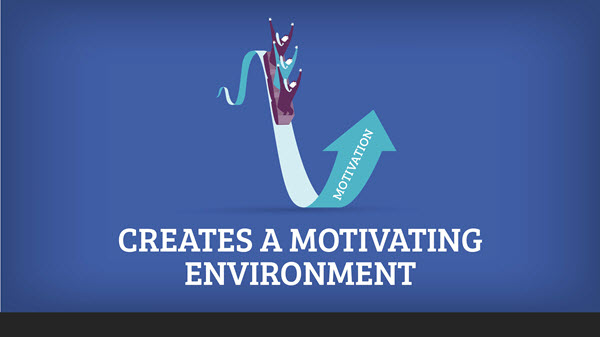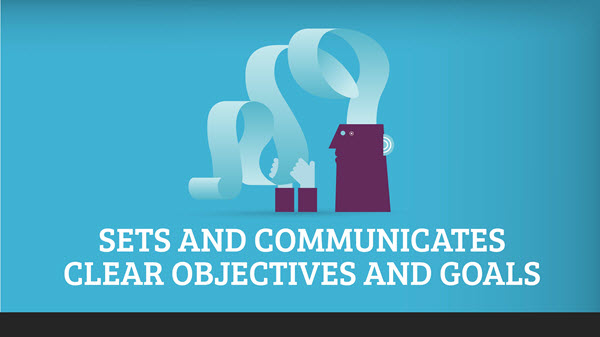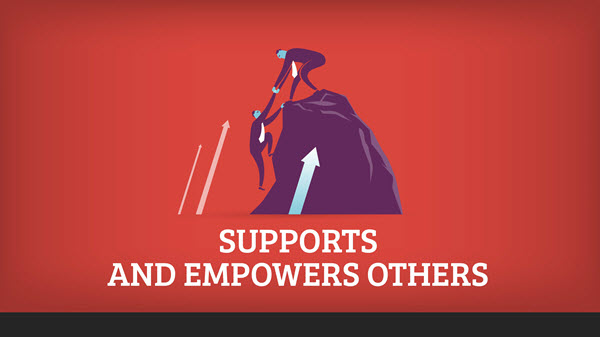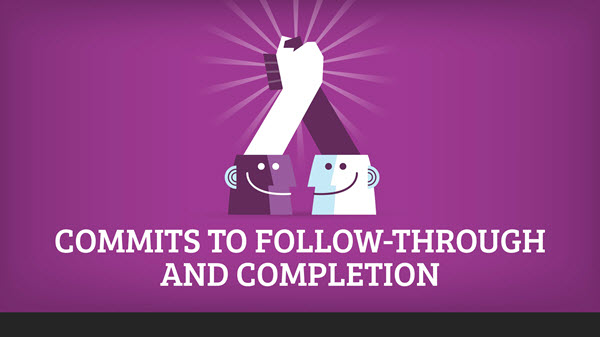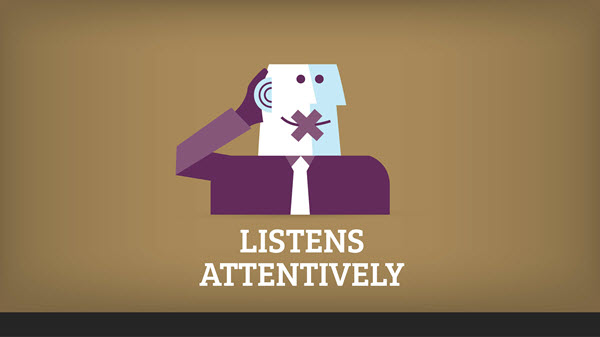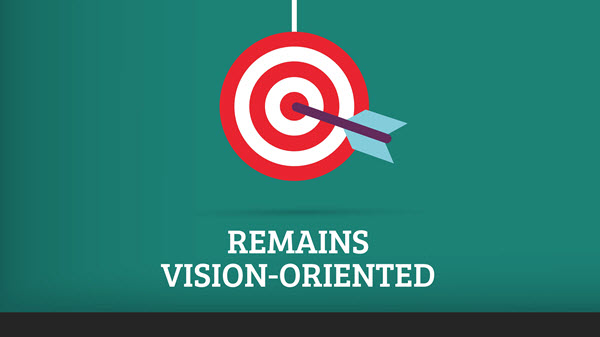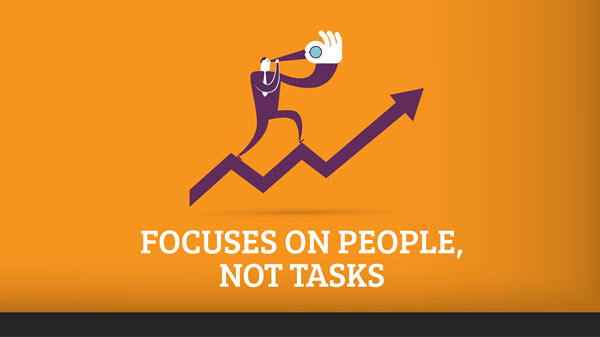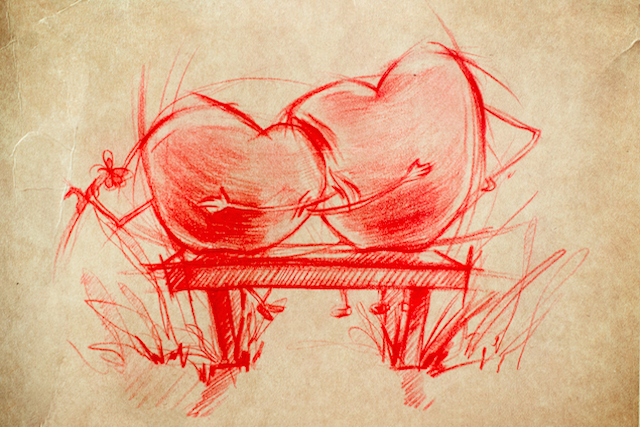
“Be there. Be open. Be honest. Be kind. Be willing to listen, understand, accept, support, and forgive. This is what it means to love.” ~Lori Deschene
They say your heart pounds when you’re in love.
But the very idea of opening up and letting love in can bring on the wrong kind of palpitations.
Saying yes to love… that’s like standing naked, bare naked, every inch of you on show.
Completely vulnerable.
Or so I thought.
My Impregnable Force Field
“Of all forms of caution, caution in love is perhaps the most fatal to true happiness.” ~Bertrand Russell
You see, I was called a few different things growing up. People said I was reserved, quiet, or shy.
But in truth I was just scared to let anyone in. I felt I needed an impregnable forcefield. To stay safe. To be in control.
And I needed space. Lots of it.
Getting close to people, close enough to fall in love, well, that felt way too intense and personal for me back then.
We didn’t do love in my family growing up. It was busy, busy, busy in our house. Everything was about practicality, working super hard, and getting things done. And done well.
Adults rarely showed affection with each other—something about it being inappropriate in public, my brain remembers. We were taught not to talk about personal things. Life felt secretive and awkward.
As an adult, I ached to be loved. It hurt to be so alone.
It took me a long time to realize that I didn’t really know how to love. And yet, it’s supposed to be an innate trait. Even newborn babies demonstrate the instinct to love, and the need to receive love back.
But in all my years growing up, love and affection felt awkward, foreign. Love seemed equally dangerous and mysterious at the same time.
I learned to keep everything inside, and everyone outside.
In truth, life went wrong precisely because I acted that way. I ended up alone—no lifelong friends, no life-long love. I was lost. Every day felt like an uphill struggle.
And around me love bloomed, but for others, not for me.
Eventually I understood that unless I made some changes, I would never know the absolute security of another’s love, their arms like the softest blanket around me. I would never hear someone telling me everything would be okay. That they’d be there for me, whatever life threw my way. And I’d never be able to be there for someone else.
I realized that I needed to start doing these nine things or I would never know what love is.
1. Be there.
Love doesn’t grow and flourish because you dress up or make yourself up. All it needs is for you to show up, to be fully present.
I used to believe soul mates were mythical creatures, as rare as unicorns, and that finding your soul mate was an honest to goodness miracle—one that happened to other people.
Not true.
Someone is ready to love you. They’re out there. And they’re looking for you right now. But you have to show up fully to connect with them.
In the past, I spent a lot of time caught up in my head, paralyzed by my fears and insecurities. When I was focusing all my energy on protecting myself, I wasn’t available to the people around me. You can’t love or be loved when you’re physically there but mentally somewhere else.
I now know that I need to focus more on the person in front of me than my worries, insecurities, and judgments. Love can only unfold when you get out of your head and get into your heart.
“When you love someone, the best thing you can offer is your presence. How can you love if you are not there?” ~Thich Nhat Hanh
2. Be open.
Love is a powerful force, but you can’t share it if your heart is closed.
I used to fear the slightest puncture in my protective force field. I worried that if I opened up even a little, it would be the end of me. Somehow staying closed felt like protection. If I let someone in, I couldn’t control what would happen. If I kept everyone out, nothing could go wrong.
But I learned that you don’t need to expose the deepest parts of yourself all at once to be open to love. You just need to let your defenses down long enough to let someone else in.
I started by sharing a little about myself—my opinions, my feelings, and my worries. A little at first, I tested others’ reactions to what I shared. But my confidence grew much more quickly than I expected. And you know, not holding back so hard or pretending turned out to be the biggest relief ever.
“The greatest asset you could own, is an open heart.” ~Nikki Rowe
3. Be honest.
Being truthful in love goes further than just not telling lies. It takes being the real you, the wonderfully imperfect you.
Pretending to be someone you’re not or disguising how you feel sends a worrying message to the person who loves you. Human beings have an inbuilt alarm when they sense someone isn’t telling them the whole truth.
I had an image of the ‘perfect me,’ and it didn’t include being vulnerable. So I lied about the true me in everything I said and did. I pretended that I didn’t worry, didn’t need help, and that I knew exactly where I was heading in life. Those lies alone alienated some amazingly wonderful and loving people who would have been life-long friends… if I’d let them.
“Honesty is more than not lying. It is truth telling, truth speaking, truth living, and truth loving.” ~James E. Faust
4. Be kind.
I wasn’t kind in the beginning. I was too insecure to let the little things go. A forgotten request felt like rejection. A different opinion felt like an argument. I was also too insecure to accept that it didn’t mean I was loved less.
For example, one night I’d plucked up the courage to sing in front of a crowd, a small one, but to me it felt like standing on the stage of Carnegie Hall. My significant other muddled the dates and double-booked himself.
I sang that night without his support from the crowd because he felt he couldn’t let down his double booking. At the time that felt like rejection, and I reacted harshly. In truth, the situation simply said “I know you’ll understand that I need to stand by my promise elsewhere; they need me more right now. I’ll be right next to you next time.” (And they were.)
Being kind in love means accepting that people can’t always meet your expectations, and giving the other person leeway in how they act and respond. It means looking after the other person’s heart even when you’re disappointed.
“Be kind whenever possible. It is always possible.” ~Dalai Lama
5. Be willing to listen.
Love needs to be heard to flourish, that’s pretty obvious. But it took me years to figure out that it was as much my responsibility to listen as to talk.
Because love is a conversation, not a monologue.
In the beginning my head was too full of all the things I wanted to explain, my heart too full of all the emotions I wanted to express. And my mouth was too full of all the words I needed heard.
But I found that when I listened, I learned valuable insights into the other person each and every time. I heard their concerns, self-doubts, and their words of love. I was able to help, support, and feel the growing connection we had. They drew huge comfort from having been heard. Listening fully said “I love you” as clearly as the words themselves.
Like the night we left the movies, having watched School of Rock with Jack Black. It was supposed to be a comedy, a fun date. I laughed lots, but the other person had to sit through 106 minutes of their painful personal disappointment over not pursuing their dream career in music. I listened hard. I heard all their regret, their self-reproach.
And I learned a whole relationship’s worth of areas where I could be super-sensitive and supportive in the future.
Because you can’t speak the language of love until you learn to listen first.
“The first duty of love is to listen. ” ~Paul Tillich
6. Be willing to understand.
Being willing to listen is only half of learning the language of love. The other half is understanding what you hear.
And that means being open to a different perspective, even an opposite view.
At first that sounded like I needed to give up what I believed, to forever bow down on the way I saw things.
Not the case. It meant I needed to learn to see that there could also be an alternative, equally valid viewpoint.
Understanding in love goes beyond being aware and appreciative of the other person’s stance and beliefs. It takes consciously embracing that you’re one of two, and both your perspectives have a place. Love is big enough to handle different opinions and philosophies.
So the other person grew up in a different culture, for example. That works for them and the millions of people brought up the same. There must be something in it. Love means appreciating that.
I learned that speaking your mind doesn’t have to be rude or inflammatory, no matter how directly you say it. In some cultures it’s rude not to! And yet I’d been programed to never disagree or say the ‘wrong thing’ and instead to give the accepted, acquiescent response. Love taught me there’s another way—that it’s more important to be honest and truly understand each other than to simple appease each other.
“One of the most beautiful qualities of true friendship is to understand and to be understood.” ~Lucius Annaeus Seneca
7. Be willing to accept.
Love doesn’t have a complicated vocabulary. All it wants to hear is “That’s okay, I love you for who you are.” Accepting the other person for who they are, however, doesn’t guarantee love will flourish in a relationship. For that to have a chance of happening, you have to accept yourself for who you are as well.
To let love in, you need to believe you’re worthy of love, that you truly are enough for another’s heart to fall for.
You need to embrace your human-ness, your less than polished edges, and all your quirks—and theirs, too, in equal measure.
I had to learn to realize I didn’t need to be perfect. And I never could be. That I needed help sometimes. And doing my best was plenty.
I had to accept that about the other person too. I had to step back and see that no matter how large the mess or miscommunication, they’d gone into the situation dripping with good intentions and love.
That didn’t happen overnight. It took some time, some gritting of teeth initially, and a fair bit of biting my tongue. It felt hard to accept it all for a while, until I truly opened my arms to all their idiosyncrasies, seeming blind spots, and contrary points of view. I would have let those beliefs go years before if I’d known how liberated I would feel when I did.
Accept that in a relationship you’re one of two wonderful, separate, yet intertwined individuals.
You can be the amazing you that you are, and they can be their wonderful self too.
“The greatest gift you can give to others is the gift of unconditional love and acceptance.” ~Brian Tracy
8. Be willing to support.
It’s hard to put the other person first when your own emotions are raging.
I spent years too caught up in the rawness of my own emotions to take into account anyone else’s. I was so busy struggling up my own mountain of troubles that I missed the other person struggling right alongside me.
We could have pulled each other up if I’d only reached across.
Support starts with looking out for signs the other one is struggling. It means putting your own battles on hold for a while.
I learned how to look beyond my thoughts and problems and truly be there for the other person, thank goodness. And our love deepened every time I did.
“Surround yourself with people who provide you with support and love and remember to give back as much as you can in return.” ~Karen Kain
9. Be willing to forgive.
Whenever there are two people involved, there are going to be mistakes and misunderstandings. That’s a given.
But the truth is, they are simply opportunities for love in disguise.
My anxious thoughts made me stress over small things for far too long. I’d analyze and imagine a whole scenario around what was a simple error or miscommunication. Like that confused discussion over weekend plans, when I worried that he saw what I’d suggested as dull, and his mix-up was a disguised attempt to avoid having to drag himself along.
A forgotten tiny promise felt like I didn’t matter. Like that planned cosy evening, just us and a relaxing dinner, that got steamrollered by him agreeing to watch the neighbors’ kids so that the parents could have a special evening instead.
That hurt.
Until I learned to forgive.
Forgiving says, “That mistake is tiny, our love is huge.”
And it says it just the same for what feels like a big mistake too. It says our love can weather this—really, it’s strong enough.
And more than that, every time you forgive the other person you’ll find the compassion to forgive yourself too.
“To forgive is to set a prisoner free and realize that prisoner was you.” ~Lewis B. Smedes
This is what it means to love.
Imagine opening up your heart and allowing love in. Imagine love wrapped like the softest blanket around you, your heart held secure.
Imagine feeling more confident in who you are. Confident enough to be open, honest, and kind in a relationship. To be willing to listen, understand, accept, support, and forgive.
And that impregnable force field that has kept you so alone for so long?
Throw it out.
And let love in.

Laura Tong is a regular contributor on The Huffington Post and other top blogs. Grab her free cheat sheet: 5 Guilt Free Ways To Say No Without Offending Anyone (Even If You Hate Conflict). Laura also hosts the Re-write The Rules In Your Life interview series where she shares awesome happiness and positivity tips from experts around the world. Click here to listen free to the latest episodes.
Get in the conversation! Click here to leave a comment on the site.
The post What It Means to Love: 9 Steps to a Strong Relationship appeared first on Tiny Buddha.
from
https://tinybuddha.com/blog/what-it-means-to-love-9-steps-strong-relationship/
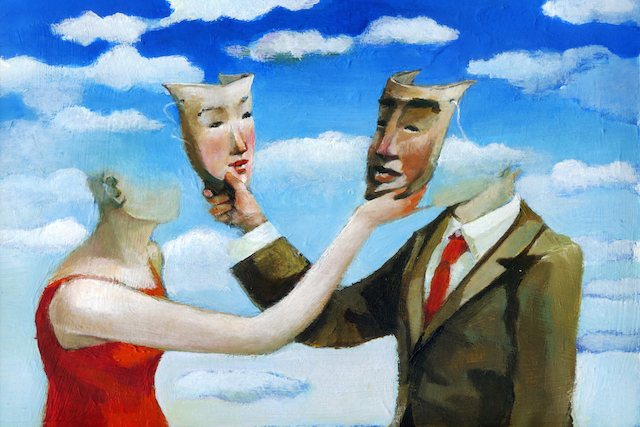
![]()




